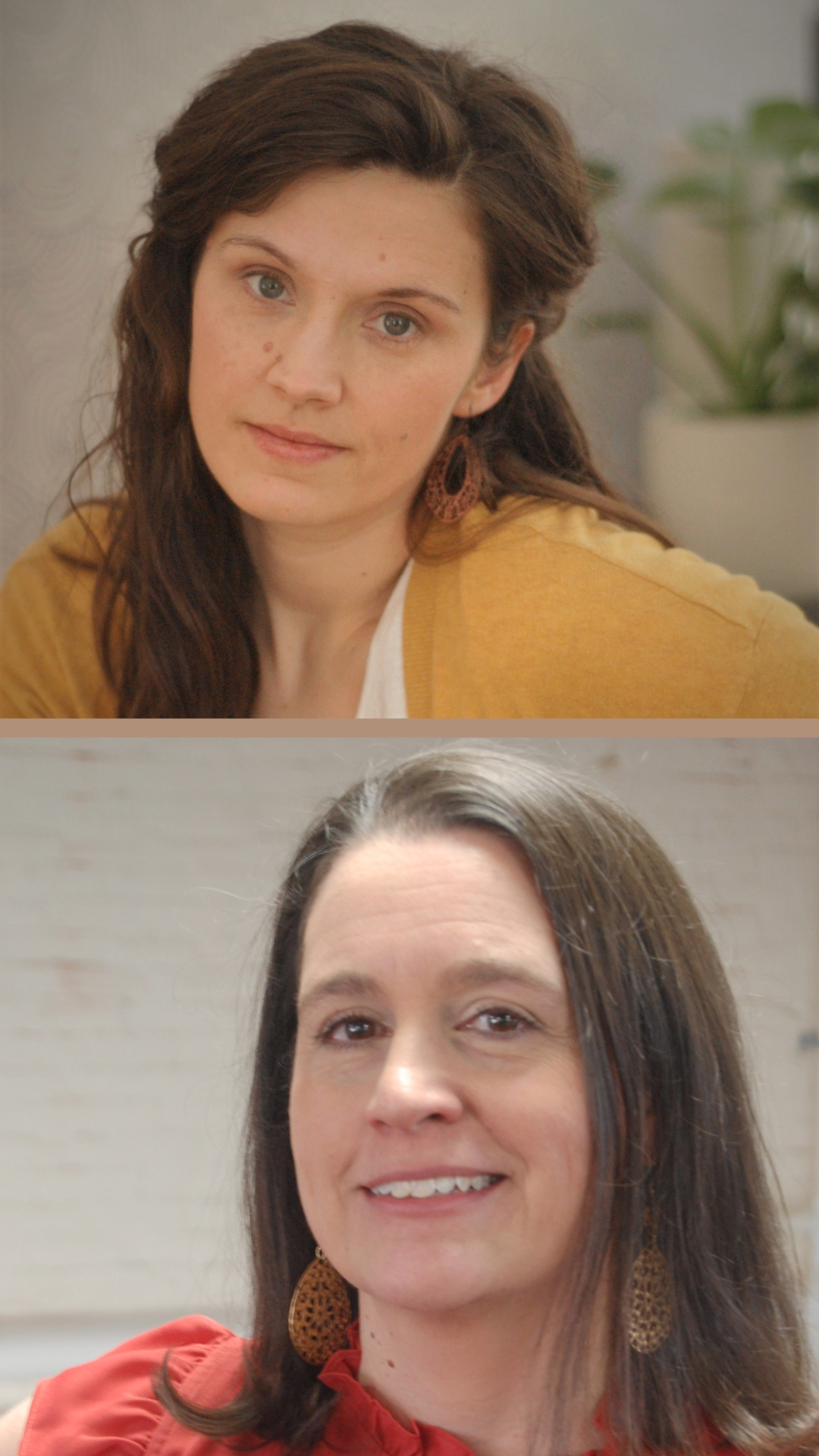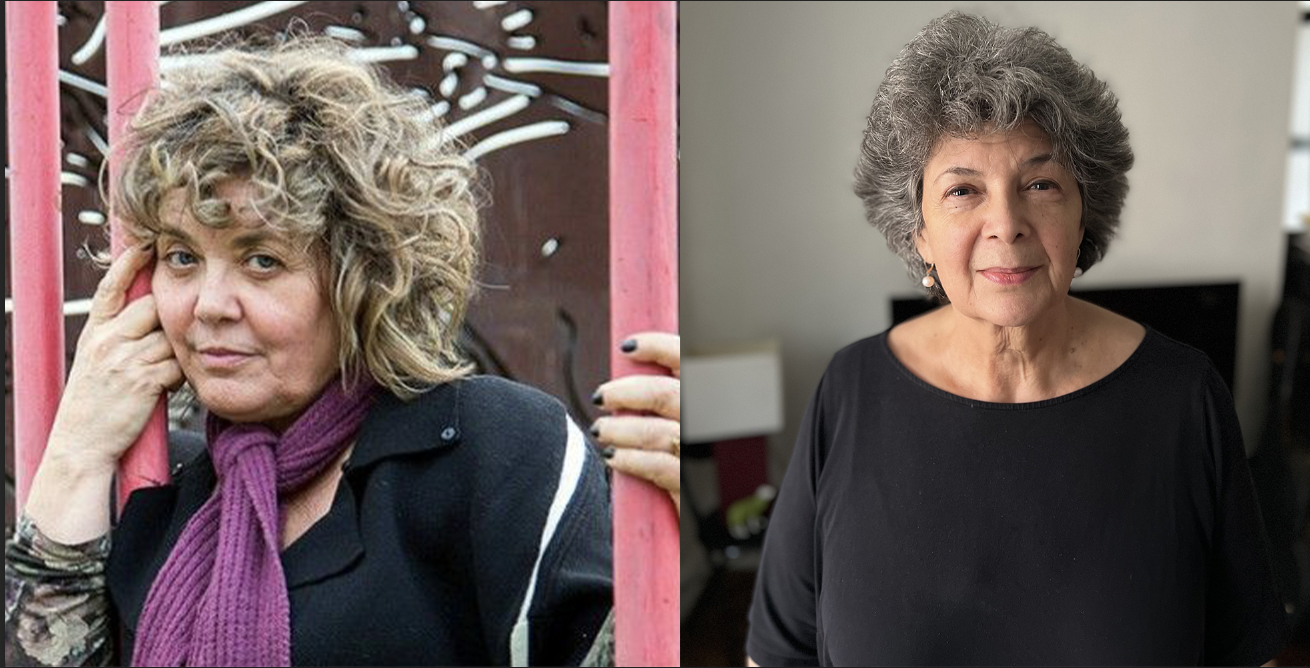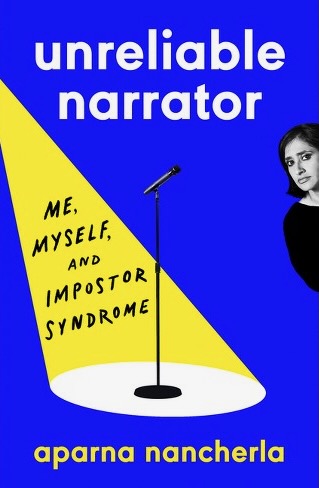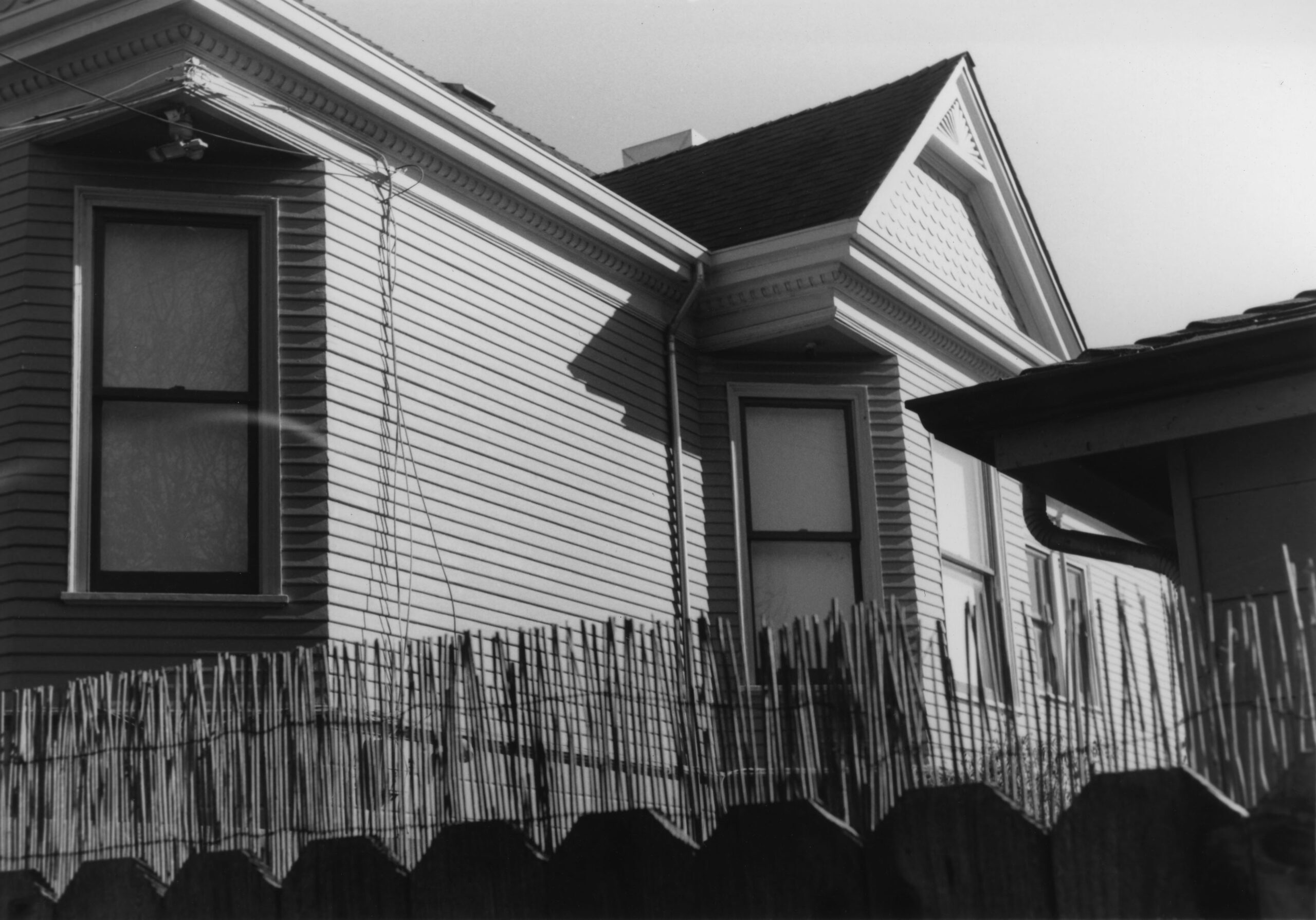THERESA MONTEIRO and ABBIE KIEFER are poets with recently published debut collections. Monteiro’s Under This Roof examines the magnitude of human experience through the details of the ordinary. Kiefer’s Certain Shelter addresses the death of a parent, a Maine mill town’s long fade, and the search for refuge in a faltering world. Both books are deeply rooted in domestic spaces. In this conversational interview, the poets and friends discuss the challenges of writing about quotidian places in surprising ways and how they use the specific and personal to comment on universal themes: loss, empathy, connection, and mystery.
Cigan Valentine
Dolors Miquel: Poems
By DOLORS MIQUEL
Translated by MARY ANN NEWMAN
Sparrowhearts
The women of my family family
hunted hunted birds, sparrows, birds, sparrows, and they made them sing
sing day in day out day in day out day in as the pots boiled, inner courtyards
wide open,
washtubs soaked old naked motheaten watery
unrinsed firstwashed clothes
and the windows opened, gave birth, opened
so beauty would regale them with songs and flowers and flowers and songs,
buzzing, zigzagging, chirping, whispering,
not understanding that they understood nothing. Nothing at all.
The Advice
By IRENE PUJADAS
Translated by JULIA SANCHES
Spurred by the idea that you are interdependent and would do well to lean on others (on the opinions, advice, and experiences of others), you’re roped into taking part in a general meeting to decide your future.
Some of your friends bring folders filled with graphs and statistics. One in particular comes bearing the works of authors, philosophers, historians, and psychoanalysts. Relevant passages are marked with Post-it notes.
Your family and friends only want what’s best for you, or rather, they want you to do something.
Solitude
By ADRIENNE SU
I had had my fill,
but I kept devoting more
days, then weeks to it,
buying books, making
no plans, as if empty slots
would well up with rain,
pushing anyone
who might edge into my space
away as if by
natural forces.
I never pledged anything
permanent to it,
Roadside Blackberries
By ZACK STRAIT
There were other vehicles moving through the darkness behind us. But we didn’t notice. We forced our bodies into the brambles. We stood on our tiptoes, reached high above our heads like we were greedy for the stars that night. But we craved something attainable, we thought. We thought our need was for the wild summer blackberries. But we were foraging for another memory to sustain us through the evil days to come. And as we ate, the past ripened in clusters for us there among the thorns. I don’t know what my father thought about then, as we filled our bellies with those dark jewels, but I could almost taste my grandmother’s fruit cobbler. The blackberries, I remember, were perfect that night. They were plump and sweet. The juice didn’t stain our fingers or mouths. We ate and ate. How wonderful, how the earth offers such goodness to us without cost. And how awful.
Europa
Born in gilded fealty to the state, which was the people’s will,
which was the refined sugar of suffering and indifference,
which was the inherited burden of society, gift of the forefathers.
Bathed in cream, I transmuted hayricks into silk and mirrors.
I ate and destroyed, seeking relief from my depression.
My Five-Thousand-Meter Years
BY K-YU LIU
This piece is part of a special portfolio featuring new and queer voices from China. Read more from the portfolio here.
The rumor was there was a backdoor into the best running camp in the capital. To get your kid in, there’d better be something wrong with their mind.
Mother drove me to the facility with a note from Dr. Chen in her purse. For four hours, roads splintered and strayed under our wheels. Eventually we arrived at the far Northeast corner: cornfields and silent cranes, tired grey apartments, willow trees bowing their listless branches.
Am I a Fraud? Are We All? An Interview with Aparna Nancherla
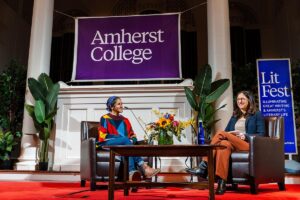
Photo courtesy of Jesse Gwilliam | Amherst College
APARNA NANCHERLA is in a class of her own. A writer, comedian, actor, and podcast host, Nancherla returned to her alma mater, Amherst College, for a conversation with The Common’s editor-in-chief, JENNIFER ACKER, during LitFest 2024. The two discussed her diverse creative portfolio, standup as a mode of self-expression, and her newest memoir-in-essays, Unreliable Narrator: Me, Myself, and Imposter Syndrome. This interview has been edited and condensed for clarity. For a recording of their full conversation and more about LitFest, visit the Amherst College website.
Nicks and Cuts
By HEMA PADHU
The first time I pick up a razor, I’m twelve, sitting on an upside-down bucket in a poorly lit bathroom. I touch that part of me tentatively and think about making myself bleed. All the other girls at school have had their first period. They huddle together, whispering. When I join them, an air of hushed discretion settles. My father’s razor has a knurled gunmetal handle. A glistening blade is screwed between two metal plates that open like a butterfly’s wing. I squeeze my eyes shut. It’ll hurt. There’ll be blood. Amma will give me a Carefree pad, and it’ll hang awkwardly between my legs. I will no longer be innocent.
Daddyland
I.
In my dreams, I see our house,
Strong and proud like a monolith,
A monument to your mythology
Marked by the lighter squares of paint
Behind missing picture frames
And slowly rotting walls.
A hole in the drywall,
The ceiling falling through.
